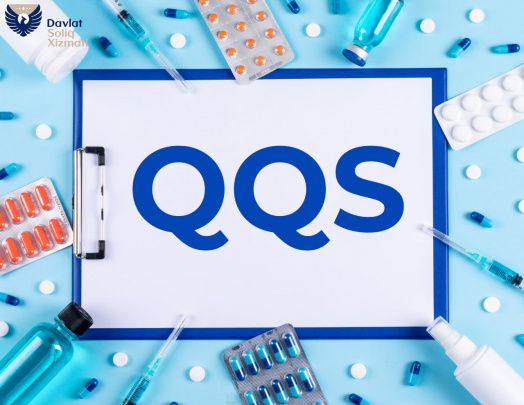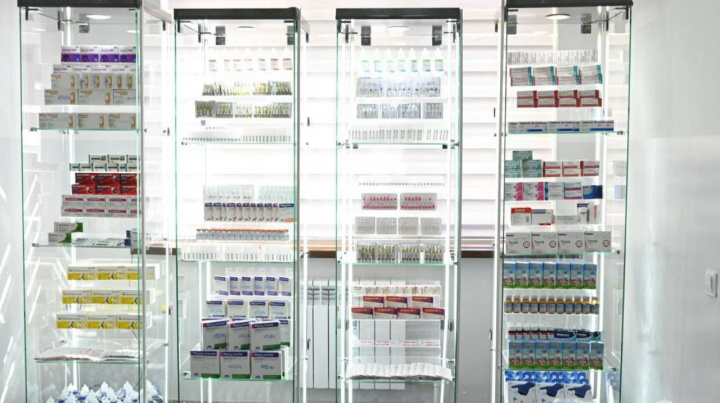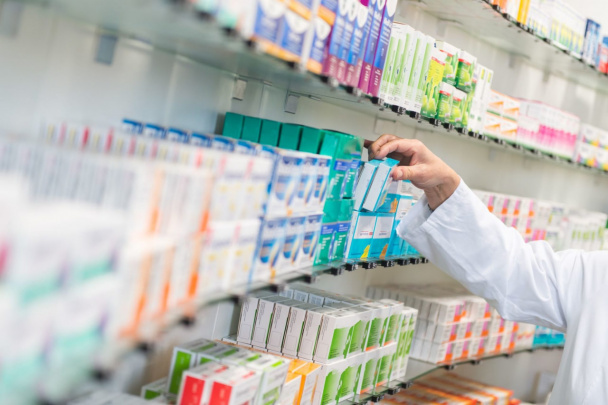Pharmacies ignore reference prices, selling medicines at inflated rates
In Uzbekistan, there is a set maximum retail price for medicines. However, Kun.uz's investigations reveal that certain medications are being sold in Tashkent pharmacies at prices significantly higher than the reference prices.
The Pharmaceutical Safety Center under the Ministry of Health regularly updates information on the maximum allowable prices for both local and imported medicines. These prices are published on the center's official Telegram channel, ensuring pharmacies engaged in retail sales are informed. However, most of the general public is likely unaware of the existence of such a price list.
As a result, instances of medicines being sold at inflated prices continue to occur. For example, consider the Bulgarian-imported medicine “Almagel.” The list indicates its price as 34,363 UZS, yet this medicine is sold for 75,000 UZS in one particular pharmacy.
Similarly, the Uzbek-manufactured “Mikan” medicine has a set maximum price of 24,840 UZS, but in several pharmacies in the capital, it costs no less than 35,000 UZS.
Platforms like "Arzon Apteka" and "Oson Apteka" (available as websites, mobile apps, and Telegram bots) have been instrumental in helping the public search for medicines and compare their prices. Using these tools, as well as directly calling pharmacies, Kun.uz verified that the prices provided were accurate. For example, the “Mikan” medication was indeed being sold at 37,900 UZS.
By employing this straightforward approach, it’s possible to identify and compare the set prices versus the actual selling prices of many other medications.
Here are additional examples:
- The reference price for “Bromhexine Berlin-Chemie” tablets is 17,560 UZS, yet it is sold for 24,000 UZS in one pharmacy.
- The Portuguese-made “Nazivin” is capped at 30,000 UZS, but it is being sold for nearly 45,000 UZS.
- The maximum price for the “Avamys” medication is 139,000 UZS, but several pharmacies have it priced between 215,000 and 235,000 UZS.
Similarly, the Bulgarian "Tabex" tablets should not exceed 256,803 UZS, but they are sold for 401,000 UZS in several pharmacies in Tashkent. The Georgian-imported “Supralgin” medication has a set price of approximately 24,000 UZS but is sold for up to 32,500 UZS. Notably, Turkey's "Multi-Tabs Baby" should cost up to 60,000 UZS, yet it is priced at 248,000 UZS and 350,000 UZS in two pharmacies.
The reference price for the “Loroben” medication is 83,000 UZS, but in Tashkent, some pharmacies sell it for 150,000 UZS. In contrast, the same medication can be purchased in Kashkadarya’s Shakhrisabz district for 65,000 UZS and in Termez for up to 100,000 UZS.
It’s worth noting that if medicines are purchased at prices exceeding their reference rates, the excess amount can be refunded. To do this, customers need to request a receipt with a QR code and scan it using the tax mobile app. The "Fair Tech" system of the Competition Committee will automatically compare the actual prices with the reference prices. If a violation is detected, the overpaid amount will be refunded. However, it is crucial that the receipt with the QR code clearly specifies the purchased medication.
A small survey conducted by a Kun.uz reporter revealed that while many people obtain receipts, they do not register them in the tax mobile app. In some cases, pharmacy staff do not provide receipts to customers.
“I always try to get a receipt because I consider it a responsibility. However, there have been instances where receipts were not provided, especially when purchasing large quantities of medicine. When asked why, they give various excuses,” said one survey participant.
Reference prices can be viewed on the Pharmaceutical Agency's website in this section. Additionally, the UzPharmInfo mobile app has been launched, but it is currently only available for iOS devices. Many Android devices do not support the app because it was created for older versions of the operating system.
If the app were updated and better promoted, it could have a significant positive impact. Moreover, monitoring activities based on online medicine search services could help reduce cases of overpriced medicines.
For reference, since the beginning of the year, the Competition Committee, through its "Fair Tech" system, has identified over 100,000 cases of overpriced medicine sales and returned nearly 7 billion UZS to consumers, which is approximately $542,300.
Recommended
List of streets and intersections being repaired in Tashkent published
SOCIETY | 19:12 / 16.05.2024
Uzbekistan's flag flies high on Oceania's tallest volcano
SOCIETY | 17:54 / 15.05.2024
New tariffs to be introduced in Tashkent public transport
SOCIETY | 14:55 / 05.05.2023
Onix and Tracker cars withdrawn from sale
BUSINESS | 10:20 / 05.05.2023
Latest news
-
Uzbekistan’s total external debt hits $64.1 billion
SOCIETY | 16:21 / 29.03.2025
-
Mirziyoyev and Tokayev hold informal talks at Medeu ski complex
SOCIETY | 15:35 / 29.03.2025
-
Germany increasingly recruiting Uzbek nurses for healthcare sector
SOCIETY | 15:34 / 29.03.2025
-
Uzbekistan earns over 4 trillion UZS from electricity sales in 2024
SOCIETY | 15:25 / 29.03.2025
Related News

15:25 / 27.03.2025
All pharmaceutical and medical service companies to become VAT payers

14:59 / 13.03.2025
Ministry of Health approves list of medicines allowed for use without state registration

12:29 / 01.03.2025
The price of health in Uzbekistan: How much do people spend on medicine?

18:56 / 20.02.2025



